1921 (Taisho 10) Saturday, October 8 Yasunari Kawabata (22) and Hatsuyo Itoh (15) got engaged at Shoshukan on the Nagara River River.
I had high expectations last night that Haruki Murakami would win the Nobel Prize in Literature, but unfortunately, that didn’t happen again this year. Only 2 Japanese have won the Nobel Prize. In 1968 (Showa 43), Yasunari KAWABATA. And Kenzaburo Oe in 1994. Exactly 100 years ago today, Kawabata Yasunari experienced a turning point in his life and an event that greatly influenced his literary style. It can be said that it was the event that brought the Nobel Prize in Literature to Yasunari Kawabata.
Yasunari Kawabata was 22 years old at the time. He was a sophomore in the Department of English Literature at Tokyo Imperial University. Kawabata was in love with Ito Hatsuyo, a woman paid to Cafe Elan in Iki Slope in Motomachi, Hongo, but because Elan’s Madame was in Taiwan, the original was left at Saihoji in Kano, Gifu City at the time. Kawabata went to Gifu to meet Hatsuyo and fulfilled her marriage promise. However, they only promised to marry, and their relationship was still platonic.
The scene is described in Yasunari Kawabata’s novel “Kagaribi.”.
As the kagaribi approaches to hasten the rapids to the light of our hearts, we begin to see the shape of a black boat, the flickering of the flame, the fisherman, the cormorant, the cormorant, and the sailor. […] The ujo stood at the bow 12 and handled the cormorant’s handrope skillfully. Kagaribi at the bow burns water and makes people think that ayu can be seen from the second floor of the inn. and I hold the bonfire brightly. He glanced at Michiko’s glittering face in the flame. Michiko will never have such a beautiful face in her life.
Kagaribi, Yasunari KAWABATA
When I returned to Tokyo, I received a letter from Hatsuyo dated October 23. The content is full of love.
How happy I am that you love such a man as I am! I cry. I have received many letters from men until today. It said love and love. I didn’t know how to write the reply. I leave everything to your heart. Please love me forever, even if it’s me. Today is the first time that I wrote a letter saying I love you. It was the first time I understood the meaning of love.
Ito’s First “Letter to Yasunari Kawabata” (dated October 23, 1921)
However, one month later, Hatsuyo suddenly wrote to me in a letter saying that she had broken off her engagement due to an “emergency.”. This disappointment was a turning point in Kawabata’s life and had a profound impact on his literary style. I received the following letter dated November 7.
I have something to say to you now. I made a firm promise to you, but I have an emergency. I just can’t tell you that. If I were to say this now, I would have fallen in love with you. I will ask you to tell me the alarm. How happy I would be if I were to speak the alarm. Please remember that I am not in this world. Next time you send me a letter, I will not be in Gifu then. Think of it as living in some country. I am ○ with you! I’ll never forget. I shall not be exceeding-. (Omitted) Farewell. I will never pray for your happiness. What country do I live in? I’m leaving. If so.
Ito’s First “Letter to Yasunari Kawabata” (dated November 7, 1921)
The identity of this “certain emergency” was later revealed, but it was that Hatsuyo was sexually assaulted by the chief priest of Saihoji, where he had been left. Ito Hatsuyo died in 1951 (Showa 26) at the age of 44.
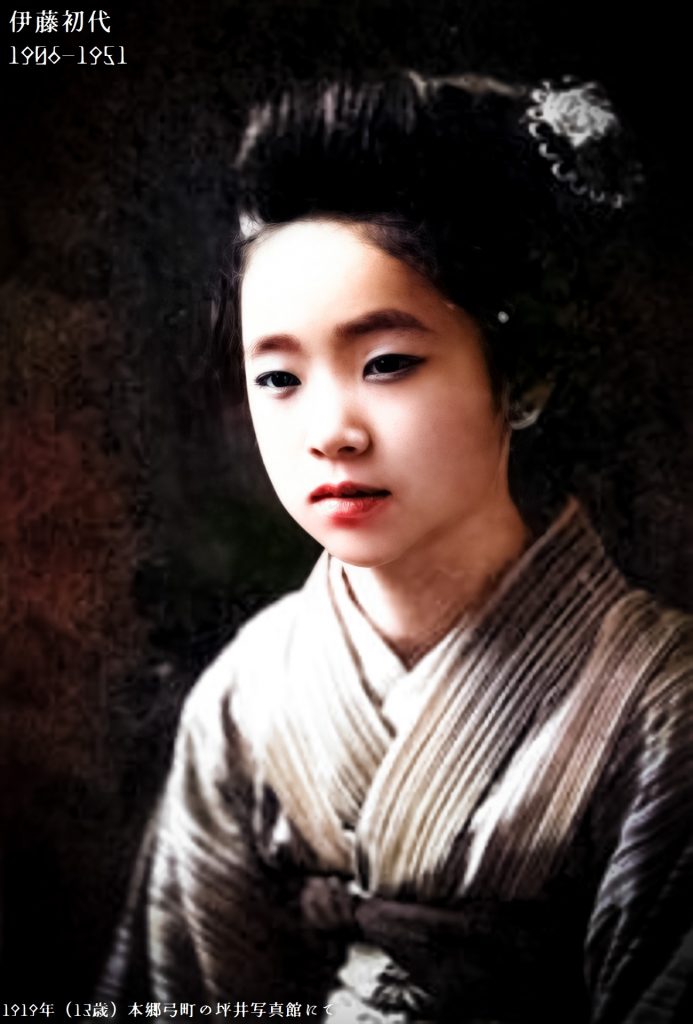
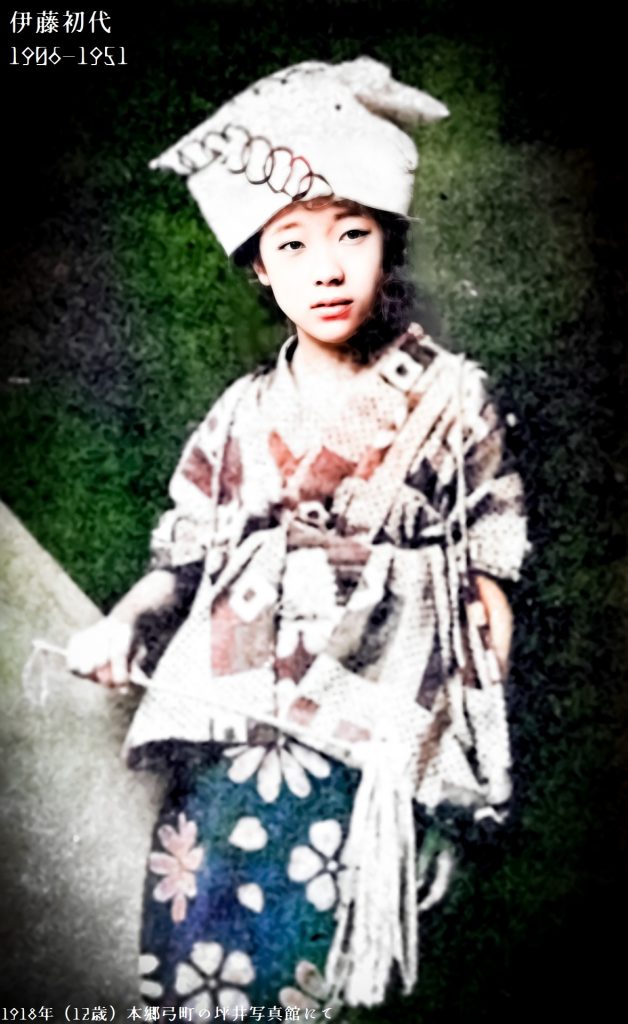
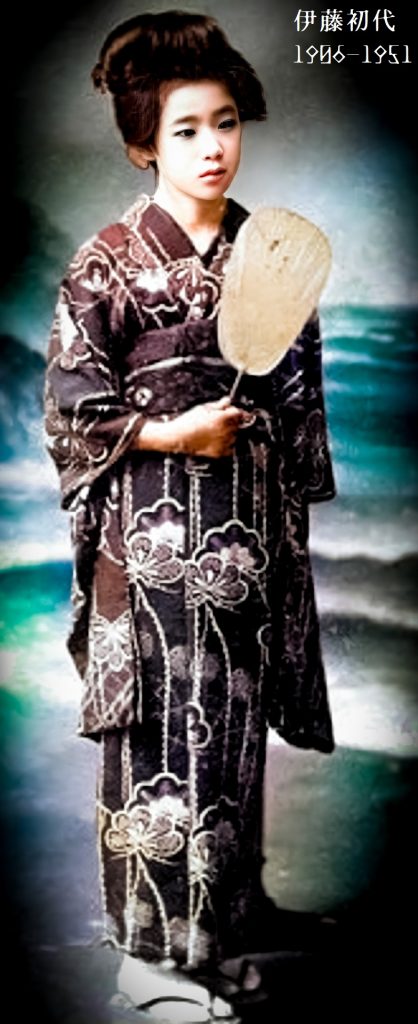
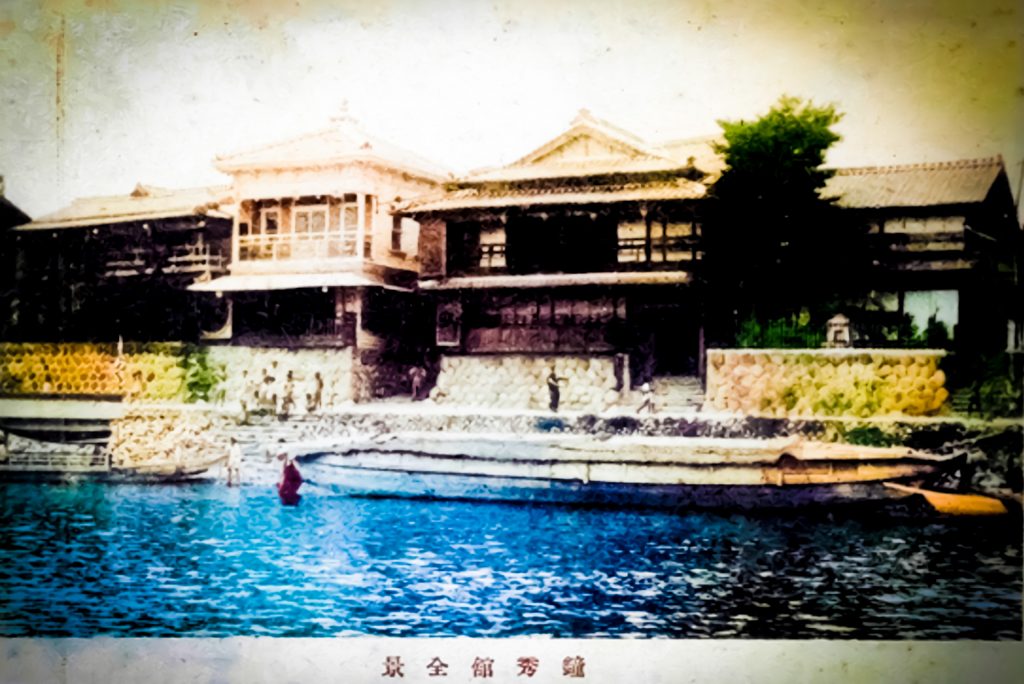
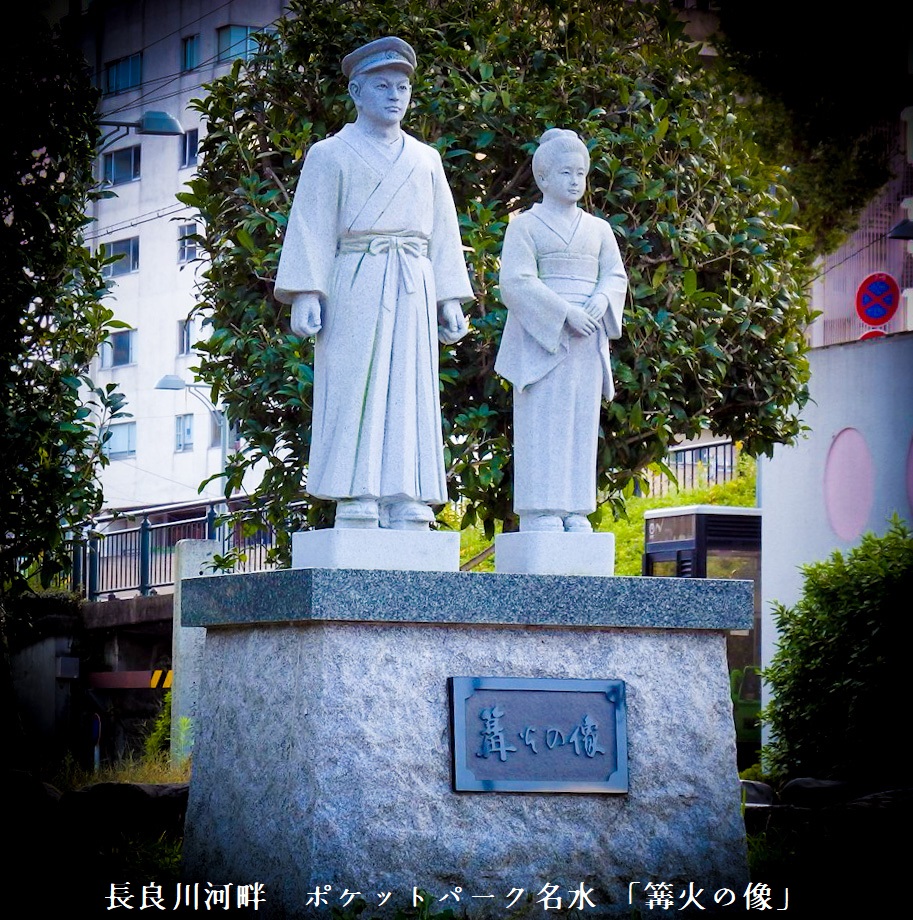
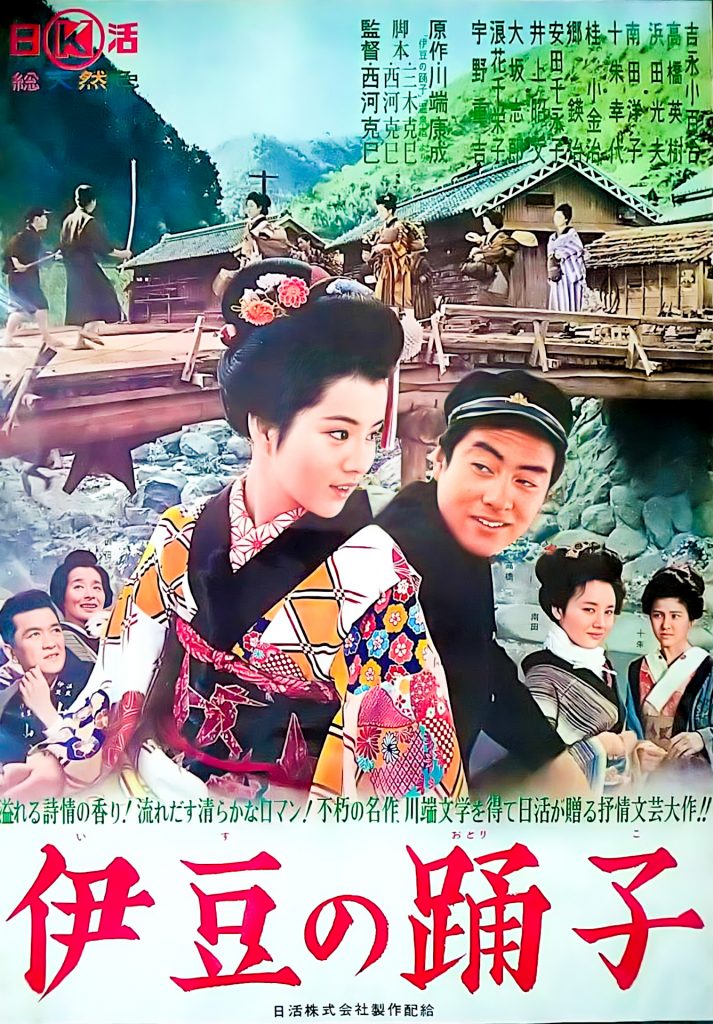
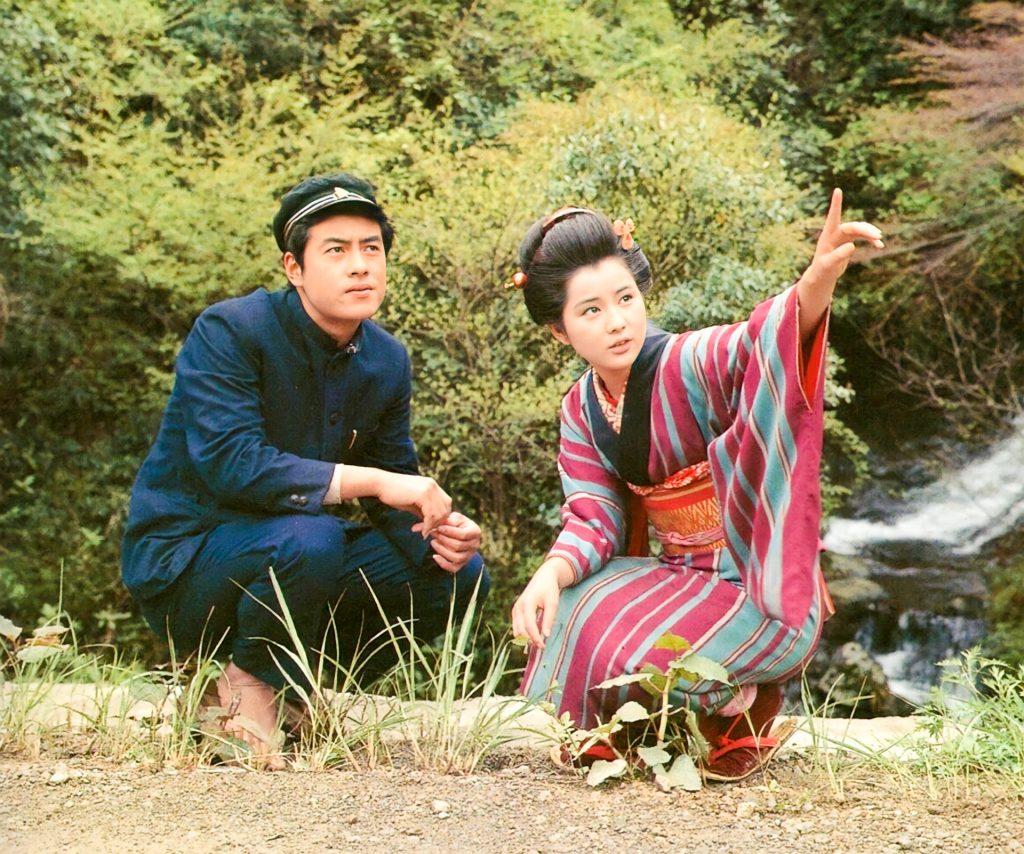

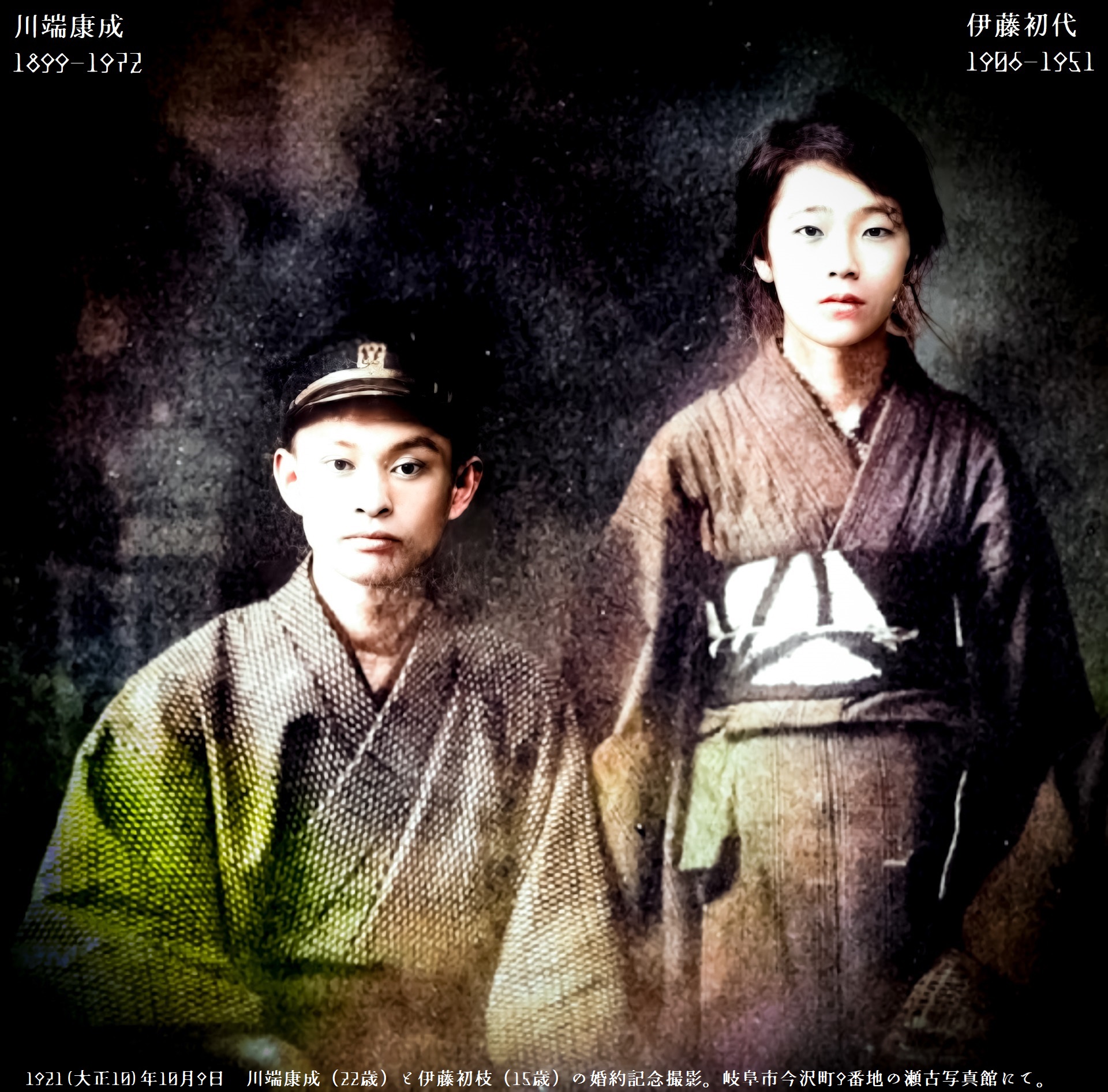
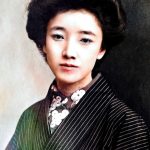
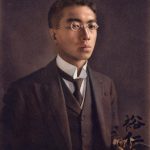
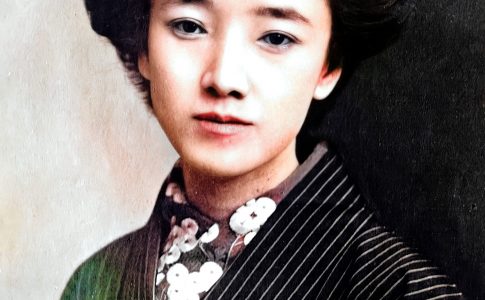
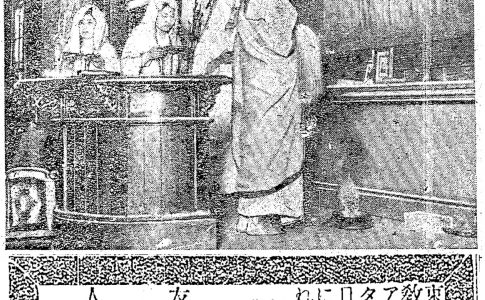
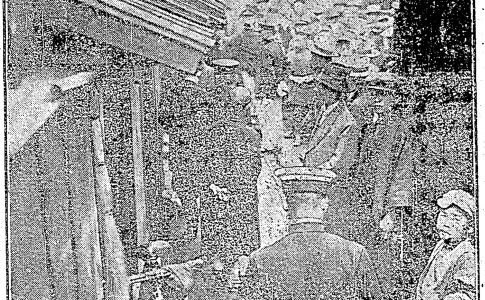
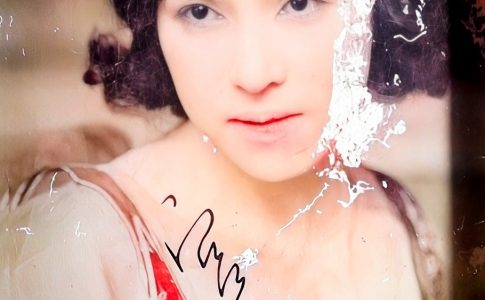
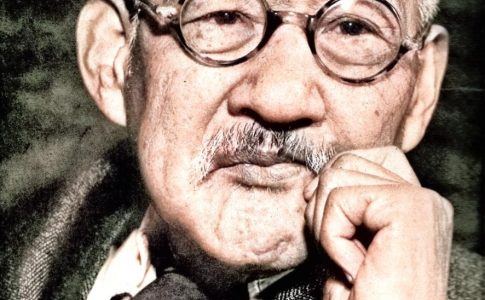

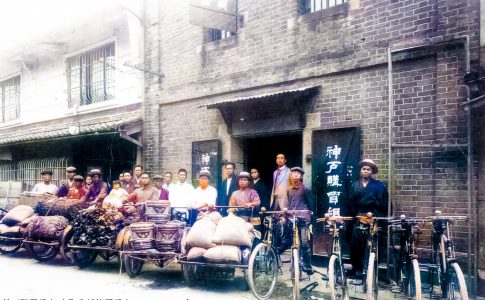
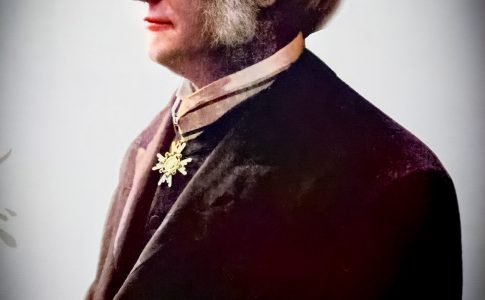
Leave a Reply